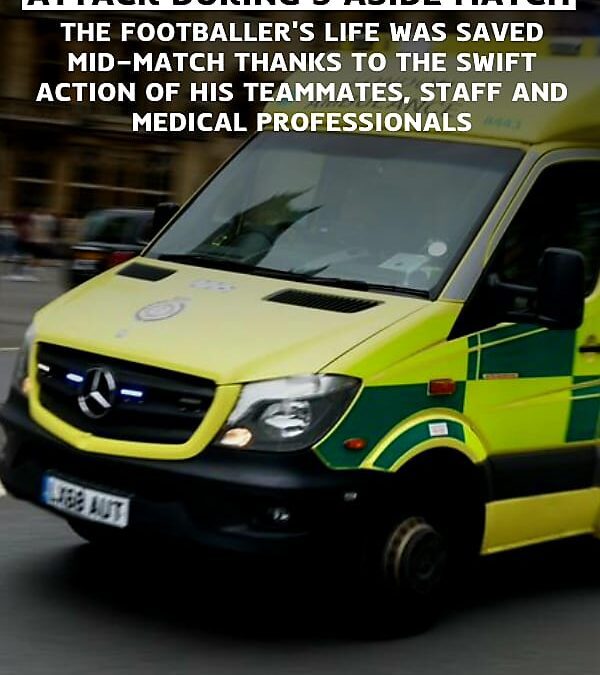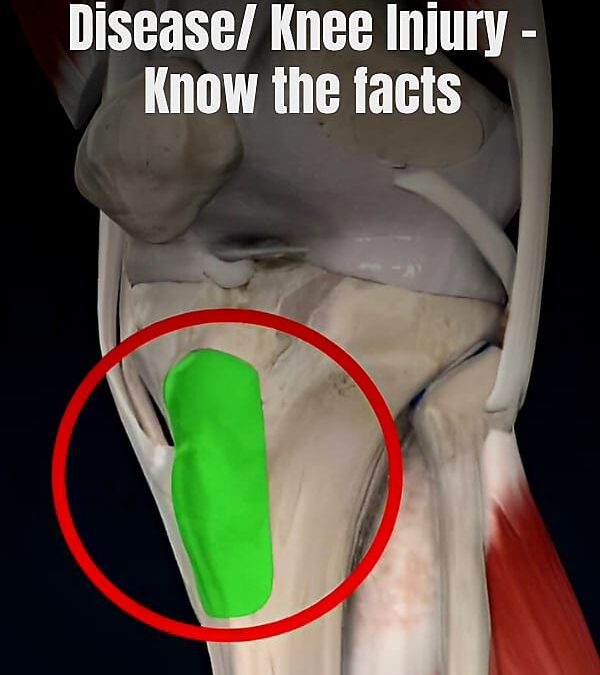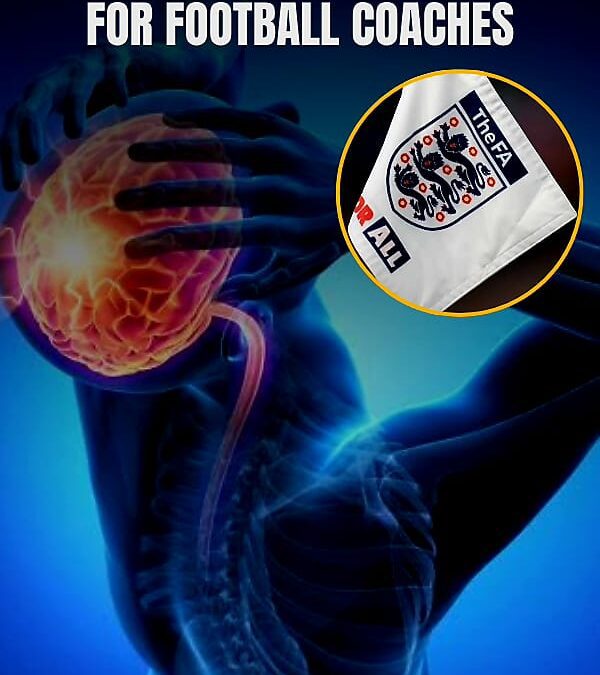
by GRF Admin | Jul 14, 2025 | Health, Latest News
What began as a friendly five-a-side match turned into a fight for life when 32-year-old Regan Pearson collapsed suddenly on the pitch. Sudden Collapse on the Pitch Regan was playing a regular weekly game with colleagues at a leisure centre in Northallerton when...

by GRF Admin | Feb 19, 2025 | Coaching, Featured, Health, News
This week we visit Osgood Schlatters Disease, or as I like to call it a condition of the knee in children! What exactly is Osgood Schlatters? Essentially it is painful inflammation or irritation of the bone growth plate in the shin bone (tibia bone) which is just...

by GRF Admin | Mar 7, 2023 | headline news, Health, News
Concussion guidance for football coaches This article introduces how to recognise and manage a concussion in football. It also signposts The FA’s official concussion guidance. What is a concussion? A concussion is an injury to the brain that affects how it...

by GRF Admin | Jul 22, 2021 | Coaching, Featured, Footy Mums, Health, News
Severs disease is the most common issue I have seen recently with children. The majority of them currently play football extensively! It’s also called calcaneal apophysitis and its not really a disease, but an over use injury where by the growth plate in the heel can...

by GRF Admin | Feb 24, 2020 | Coaching, Featured, News, Parents
We have today announced updated heading guidance for all age groups between under-six and under-18, in association with the Irish and Scottish FAs. The updated heading guidance, which will be introduced immediately, will provide grassroots clubs, coaches and players...






